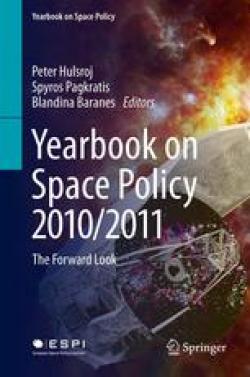European Access to Space: Challenges and Perspectives

Today, the EU finds itself confronted by two imperatives regarding its space policy: first, the completion of Galileo and GMES; and second, the maintenance of independent, reliable and cost-effective access to space capability. The latter is the condition for any other European space activity. Indeed, all the major space powers dispose of an autonomous launch system. The lack of such an asset in Europe [could have][has] serious consequences in both political and economic terms. On the one hand, all the institutional activities that characterise the European space policy (like Galileo and GMES), as well as national space programmes [are][will be] entrusted to third countries, creating dependence on them, including for missions of a strategic nature. On the other hand, the European aerospace industry and its niches of excellence [could][will] be weakened in favour of the growth and development of extra-European industries.
-
Details
in Peter Hulsroj, Spyros Pagkratis, Blandina Baranes (eds.), Yearbook on Space Policy 2010/2011. The Forward Look, Wien/New York, Springer, 2013, p. 175-189 -
ISBN/ISSN/DOI:
978-3-7091-1362-2 ; 978-3-7091-1363-9 (ebk) ; 10.1007/978-3-7091-1363-9_7


